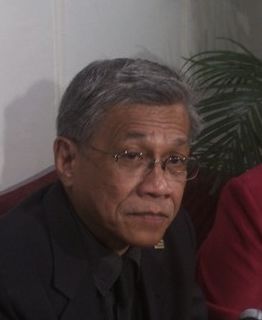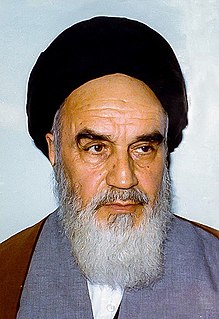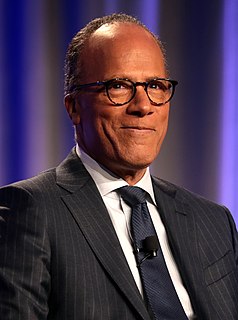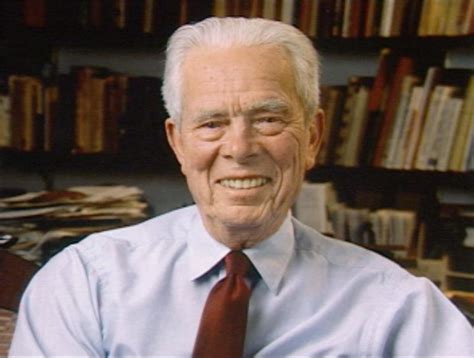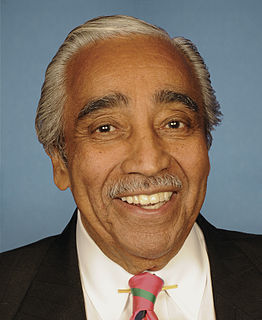Top 1200 Military Intervention Quotes & Sayings
Explore popular Military Intervention quotes.
Last updated on April 14, 2025.
I oppose U.S. military intervention in Iraq. I believe that we should not send troops or engage in air strikes-our nation's military involvement needs to be over. The United States has already spent billions of dollars in Iraq while our nation has endured a crumbling infrastructure, cuts to our social programs, a lack of investment in job training and creation, and sadly, a failure to take care of our veterans. Let's focus our resources at home. Over 4000 men and women have sacrificed their lives for Iraq. That is enough.
The beneficial effect of state intervention, especially in the form of legislation, is direct, immediate, and so to speak, visible, while its evil effects are gradual and indirect and lay out of sight ... Hence the majority of mankind must almost of necessity look with undue favor upon governmental intervention.
But, you will say, we destroy the most hallowed of relations, when we replace home education by social.... The Communists have not invented the intervention of society in education; they do but seek to alter the character of that intervention, and to rescue education from the influence of the ruling class.
Let me be clear: I'm a believer in a robust military, which is essential for backing up diplomacy. But the implication is that we need a balanced tool chest of diplomatic and military tools alike. Instead, we have a billionaire military and a pauper diplomacy. The U.S. military now has more people in its marching bands than the State Department has in its foreign service - and that's preposterous.
Hoping to garner the support of the American people, proponents of regime-change wars routinely cite humanitarian concerns to justify military intervention in foreign countries. But here is the reality: As a direct result of our intervention in Iraq and the overthrow of Saddam Hussein, human suffering increased dramatically.
Sometimes people say to me, 'Well, what was the difference between Kosovo, which was a successful intervention, and Iraq and Afghanistan that have been so difficult?' And the answer is perfectly simple. In Kosovo, you have, after the removal of the loss of its regime, you had a process of political and economic reconstruction that took its part without the intervention of terrorism. If you had the intervention of terrorism, by the way, it would have been extremely difficult there - but we didn't.
What if the Soviet intervention was a blessing in disguise? It saved the myth that if the Soviets were not to intervene, there would have been some flowering authentic democratic socialism and so on. I'm a little bit more of a pessimist there. I think that the Soviets - it's a very sad lesson - by their intervention, saved the myth.
We destroy the most hallowed of relations, when we replace home education by social.And your education! Is not that also social, and determined by the social conditions under which you educate, by the intervention, direct or indirect, of society, by means of schools, etc.? The Communists have not invented the intervention of society in education; they do but seek to alter the character of that intervention, and to rescue education from the influence of the ruling class.
I think, in general, we've created an environment where we've done away with the sort of day-to-day training that's necessary, including crisis intervention, behavioral health training - the kinds of things that we know that both protect officers and the community - and moved away to a highly military, advanced SWAT team mentality.
Looking more deeply at the emergence of ISIS or the chaos that exists in Syria, Yemen and Libya would clearly raise crucial doubts about reliance on military intervention and drone warfare as adequate counterterrorist responses and would call attention to the detrimental effects of US "special relationships" with Israel and Saudi Arabia.
I mean, you can agree or disagree with Iraq or Afghanistan, but by the way, now the great campaigning cause out there is the absence of intervention in Syria. And then in Libya, it's partial intervention. And that doesn't really explain why some countries that have literally nothing to do with the interventions in the Middle East end up getting targeted.
















